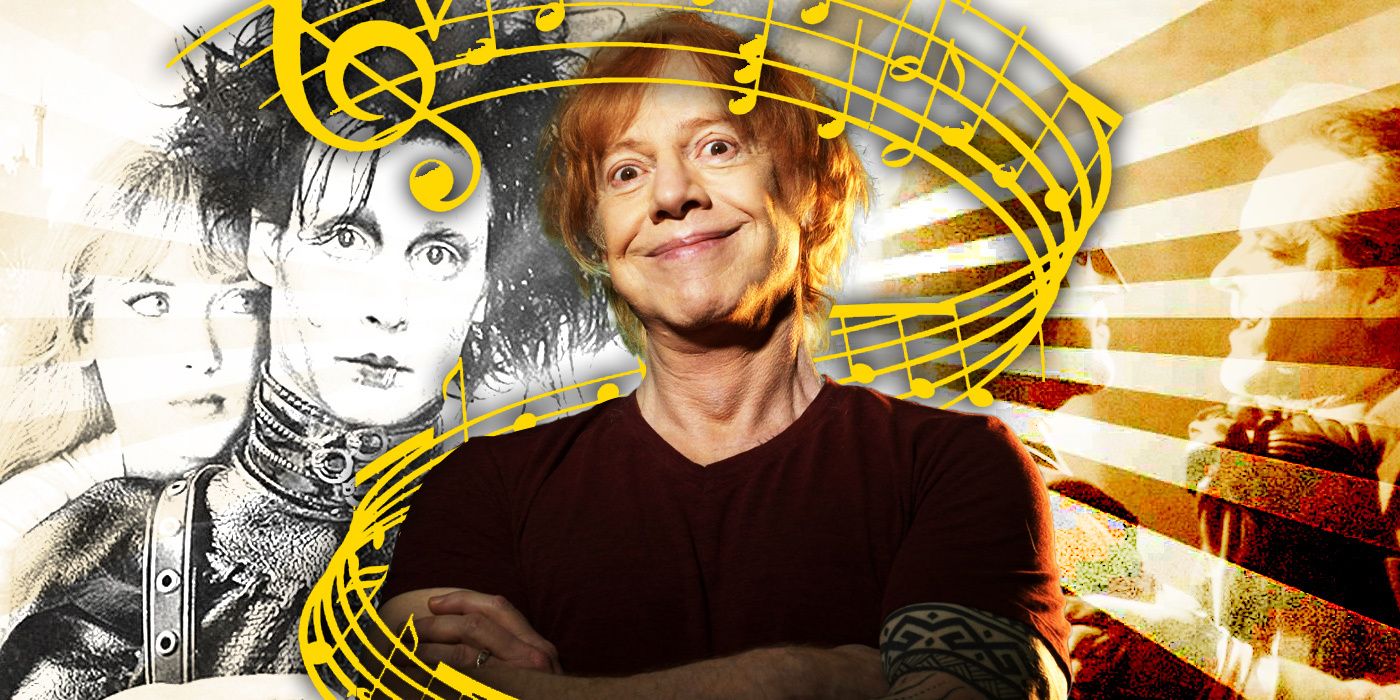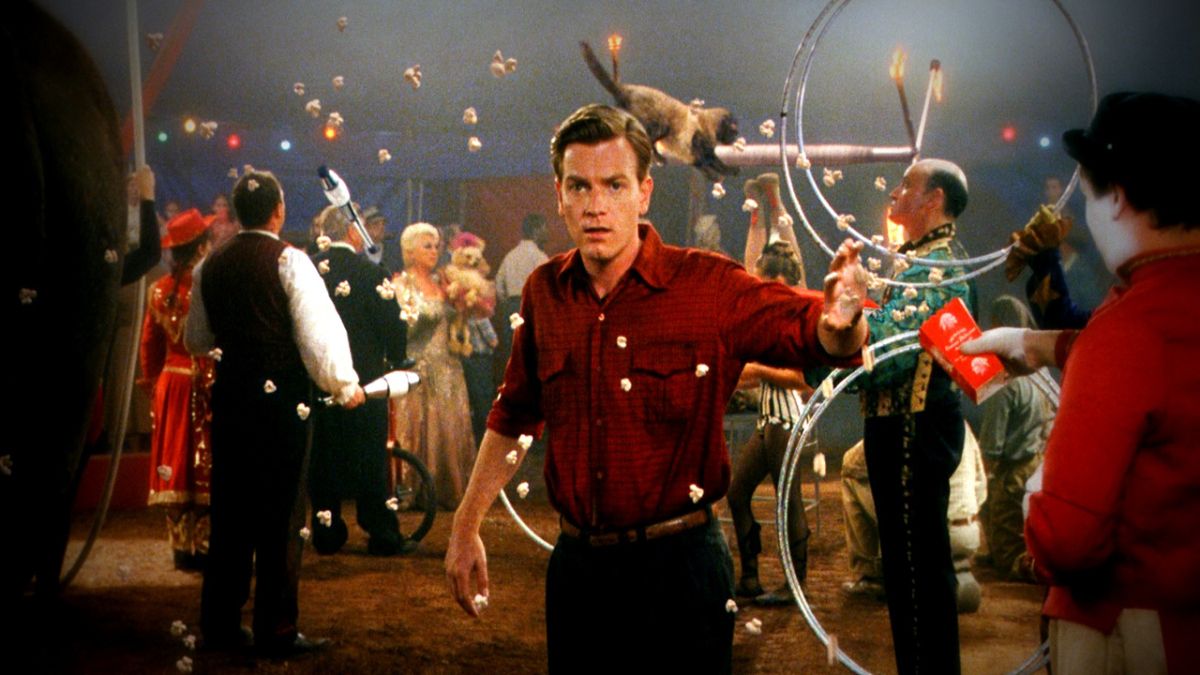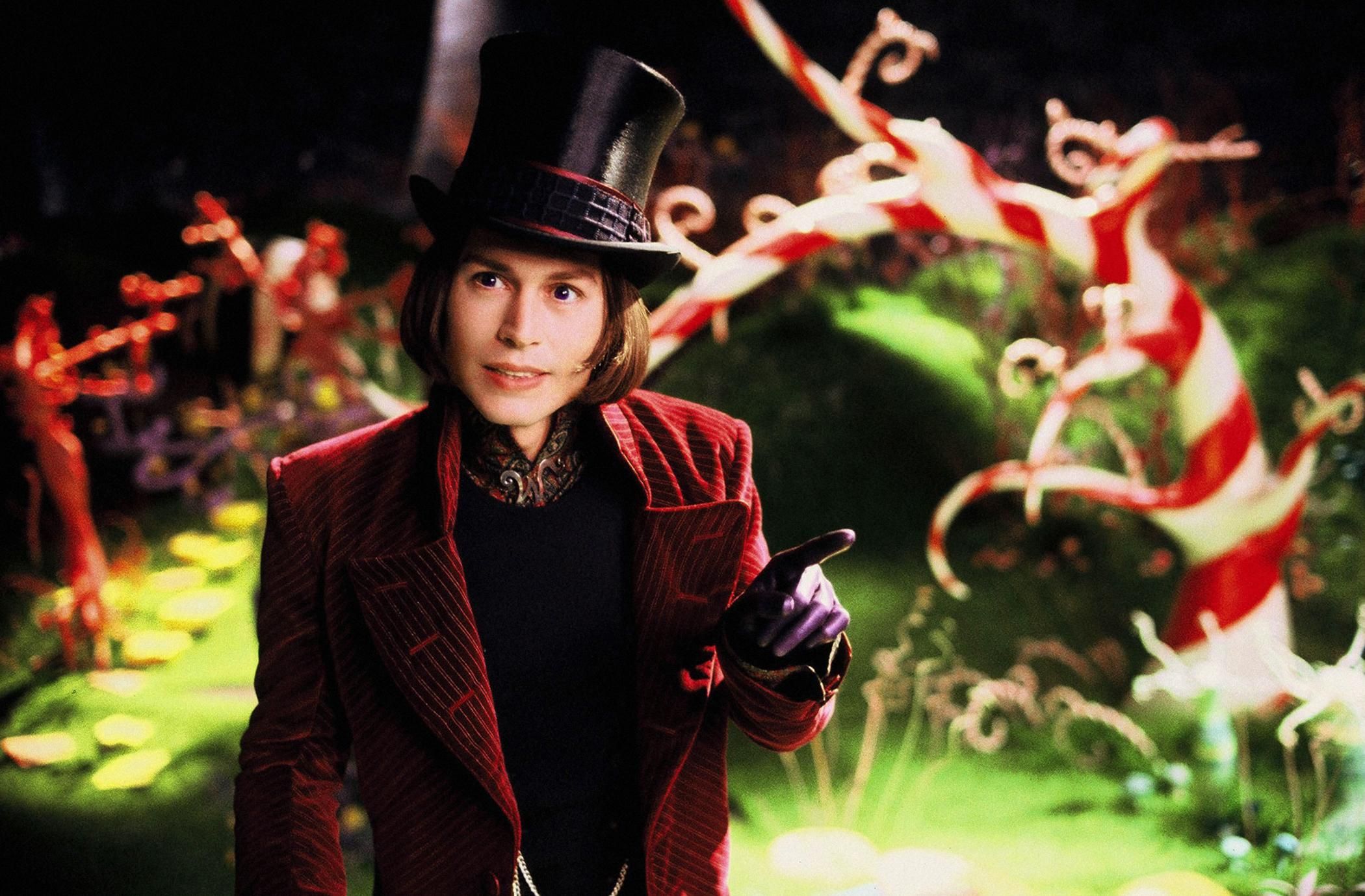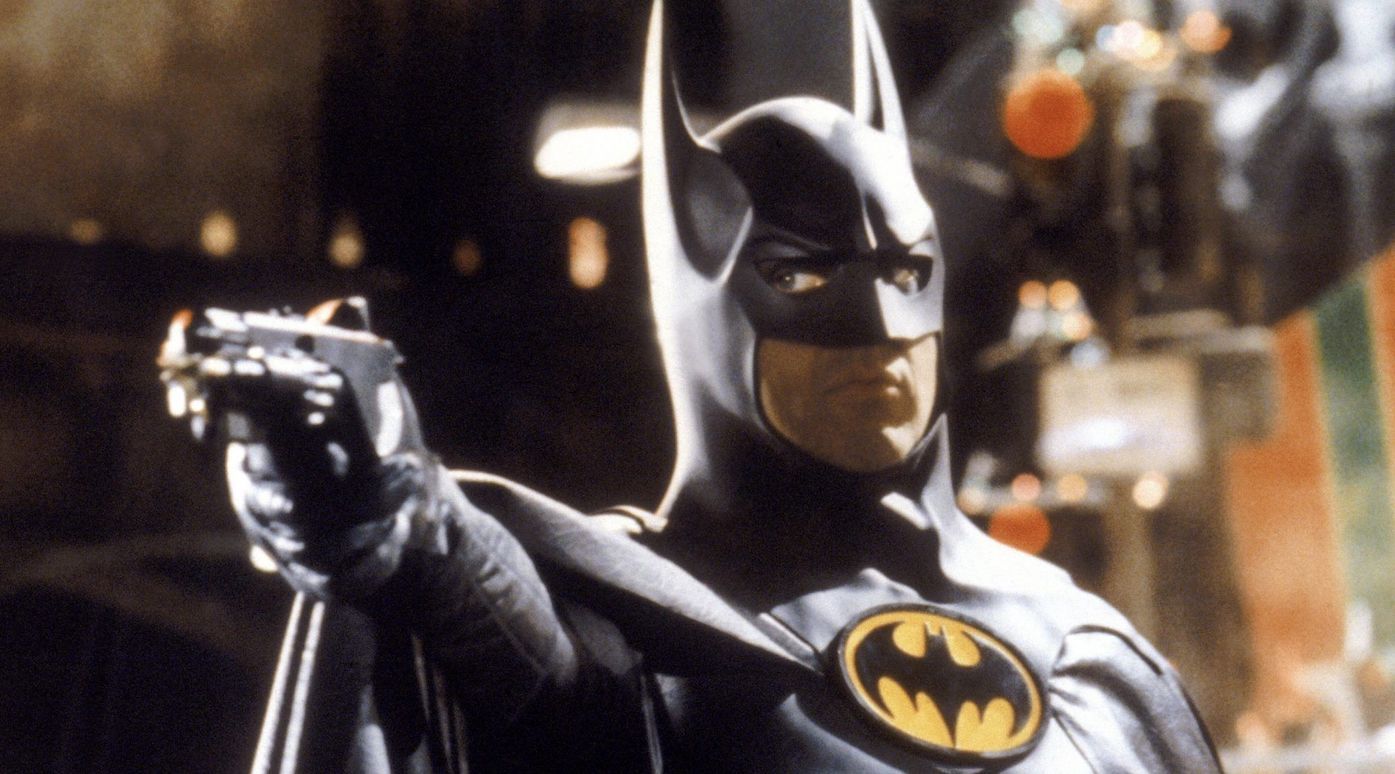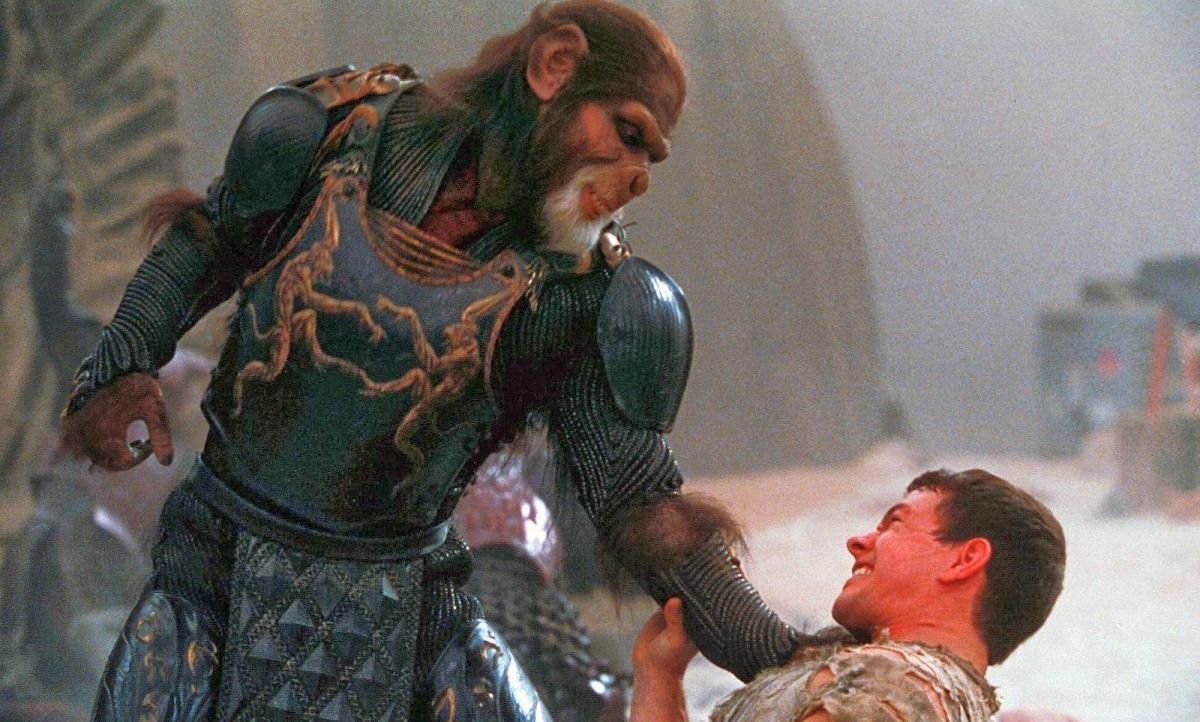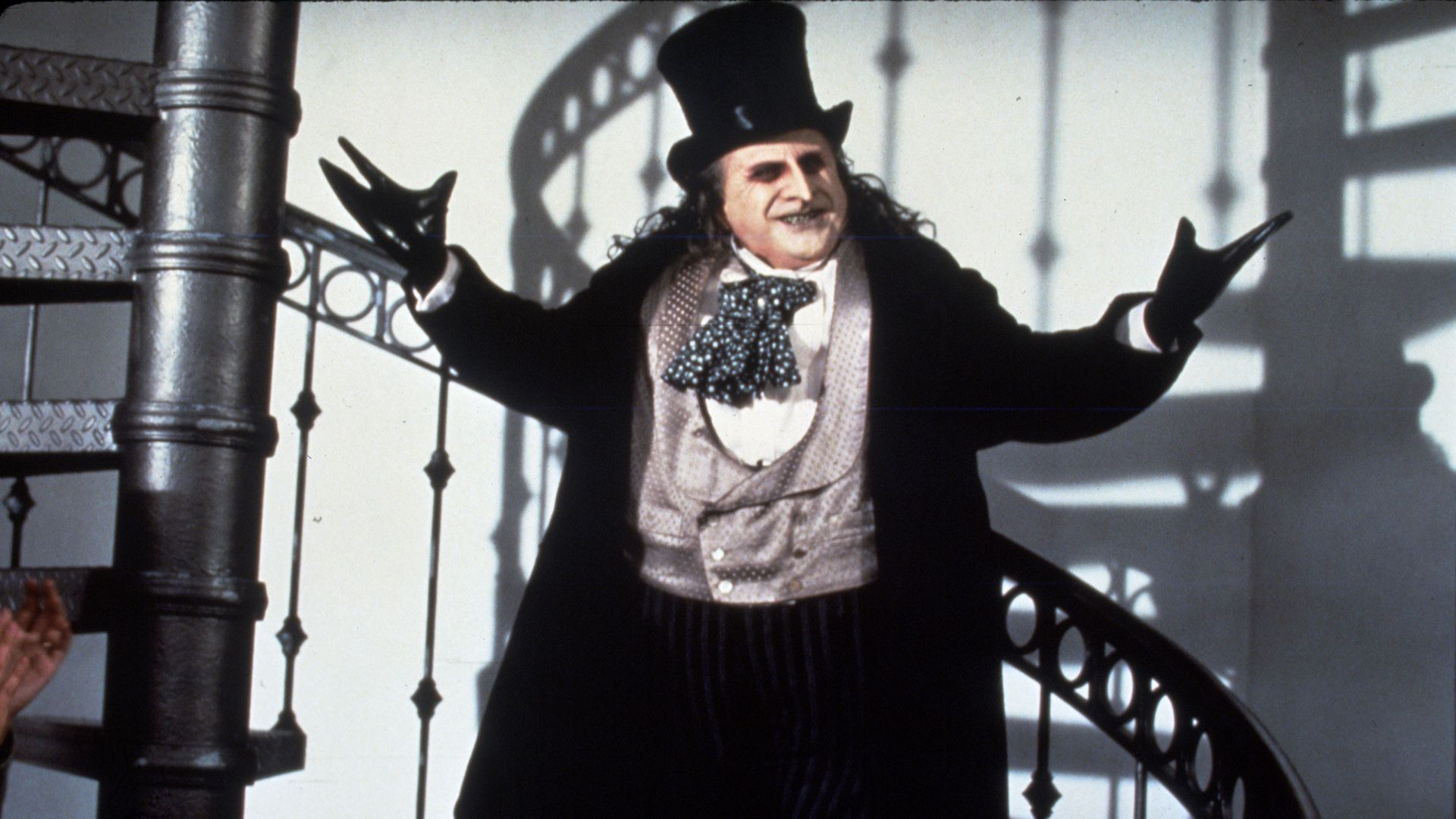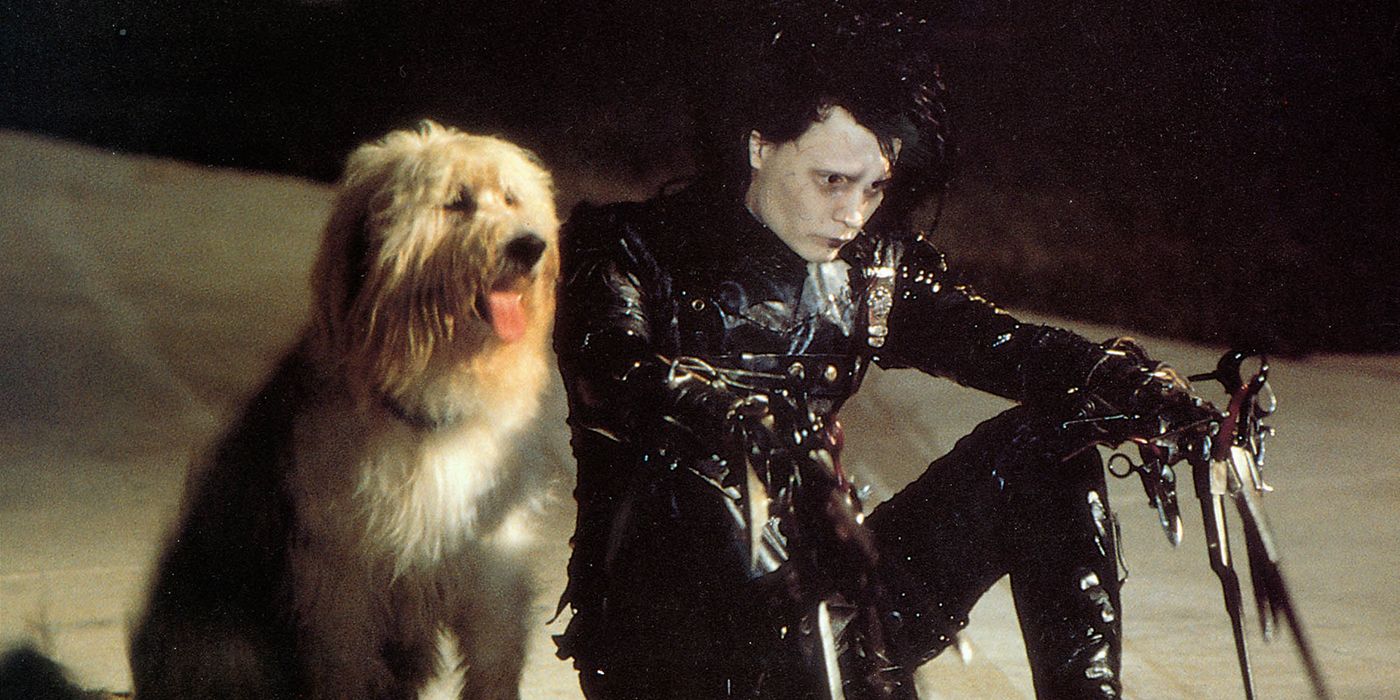There are two professional relationships a director has that seem to attract attention when they become ongoing: with actors and composers. Collaborations with the former are readily evident on screen, but the latter can underpin an entire film. Director/composer teams like Hitchcock and Herrmann and Leone and Morricone left their mark on classic cinema, but the pairs modern audiences know best are probably Steven Spielberg and John Williams or Tim Burton and Danny Elfman.
The Burton-Elfman team has put out fewer movies than Spielberg-Williams, but they include some truly iconic marriages of picture and music, covering loss, terror, fantasy, hysterics, and all manner of quirks. Burton’s visuals and Elfman’s themes may carry definite fingerprints, but there is more variety to the pair’s work than they’re sometimes credited for. Their next collaboration is still a way’s out, but here is a ranking of seven of their finest efforts to date:
7. Big Fish
Over the years, Elfman’s scores for Burton have felt less protrusive. If the opening titles and character leitmotifs of their early work together – say, in Beetlejuice – were more like major movie stars with unforgettable faces and voices, the score for Big Fish is more like a character actor, less immediately striking but no less talented or important to a film’s success. I couldn’t hum you any of the themes from Big Fish, but the story of generational divide wouldn’t play as well without its gentle support. The contemporary American South was also an atypical setting for Tim Burton, and Elfman’s music reflects the place without descending into cliché. This flavor carries into the movie’s many fantasy sequences, most effectively in Ed Bloom’s moderately exaggerated account of how he met his wife.
6. Charlie and the Chocolate Factory
Neither adaptation of Roald Dahl’s subversive children’s book made much effort to portray the eccentric chocolatier Willy Wonka as Dahl described him. But Burton and Elfman retained Dahl’s lyrics for the Oompa Loompas, and as good as “Pure Imagination” and “I’ve Got a Golden Ticket” are in isolation, Charlie and the Chocolate Factory boasts the more consistent and impressive soundtrack. Elfman and Burton looked to various musical archetypes to build the Oompa Loompa songs around, ranging from Bollywood and funk to theme parks and Queen. All these styles helped inspire a great variety to the sequences as filmed. They’re a marked contrast from the non-musical portions of the film, and from the underscore. There, you’ll find familiar rhythms and instrumentation to the Burton-Elfman collaboration. And contrary to what I just said about the evolution of Elfman’s main titles for Burton, the opening music for Charlie – released two years after Big Fish – is one of his most aggressive.
5. Batman
Even now, with flood after flood of comic book movies that just won’t stop, Tim Burton’s Batman is pointed to as a seminal movie for the genre. Action sequences have gotten bigger, effects have become slicker, and other interpretations of the Dark Knight have taken the spotlight (though I still prefer Burton’s take), but along with John Williams’s theme from Superman, Danny Elfman’s Batman theme remains unrivaled as a musical expression of a superhero. Its haunted yet unrelenting heroism serves as the foundation for the entire score, one of the most well-defined leitmotifs Elfman has written for Burton. Like the production and costume design, it’s an irresistible cocktail of classic Hollywood noir and contemporary psychological melodrama. Its best variations in the film come in the cue “Descent into Mystery,” written for the Batmobile ride into the Batcave, and the triumphant finale played over the unveiling of the bat signal.
4. Planet of the Apes
People love to rag on Burton’s Planet of the Apes, and I’m not about to tell you it’s got an Oscar-worthy screenplay, but the film’s a lot more fun than it’s given credit for. Some movies are taken better as experiences or experiments than as narratives. Nearly all the good in the 2001 Apes comes from Burton’s exploration of a more primitive ape culture of pre-industrial, pre-firearm war, wardrobe, locale, and movement. Elfman complemented this with an aggressive score that led with percussion, Elfman’s first love as a performer. He tends to record percussion lines himself, which led to an unusual main title track that was largely made up of his own playing. That title track is the best place to hear the full range of unusual percussive sounds and rhythms he has up his sleeve; once the film is underway, they’re not so evident in the final mix. But the score remains a unique entry in the Burton-Elfman canon.
3. Batman Returns
As wonderful as Elfman’s Batman theme is, in the 1989 film it was the only major building block for the score (the Joker’s waltz is fun but only sporadically used). Batman Returns revived the theme, but it also provided the Penguin and Catwoman with fully developed leitmotifs of their own. For how grotesque Danny Devito’s Penguin becomes, his theme speaks more for the abandoned child than the vengeful man-bird, while the theme for Catwoman is equal parts insanity and tragedy. As the characters face their inner demons and clash with one another, their themes constantly interweave. This is the finest score written for a comic book movie, and any contenders for second place are running several yards behind. Of the Burton-Elfman discography, Batman Returns’ score is also one of the most fun to listen to in isolation. Each character is so well-defined musically that it’s like listening to Peter and the Wolf or the instrumental music to an opera.
2. The Nightmare Before Christmas
This Burton-Elfman collaboration carries an asterisk: Henry Selick was the director of The Nightmare before Christmas and deserves all due credit. But Jack Skellington was still a Tim Burton creation, and even before Selick came on board, Burton and Elfman were collaborating on the first few songs. And if Batman Returns can feel operatic, Nightmare is damn near close to being an opera, with nearly every major story beat and character turn handled through music. They’re such a part of the story that Elfman’s lyrics make him just as much a writer for Nightmare as screenwriter Caroline Thompson. Elfman even pulled triple duty on the film by providing Jack’s singing voice as well as the lyrics and the underscore. The soundtrack for Nightmare holds up on its own better than anything else on this list and perfectly encapsulates its two featured holidays.
1. Edward Scissorhands
Unlike the last two scores on this list, I don’t think the music for Edward Scissorhands carries the same punch when listened to as a soundtrack. More than any other collaboration between Burton and Elfman, the images and the music are inextricably linked. This goes for comedy as well as drama; the music’s sudden turn into driving action for so pedantic a shot as the neighborhood dads driving off to work still cracks me up. But it’s Edward’s theme, just as raw and vulnerable an expression of tenderness as the character himself, that lingers in the memory. Its children’s choir vocals and choices in instrumentation have popped up in subsequent Burton-Elfman scores, but Edward Scissorhands still offers their most heartbreaking and beautiful application.

